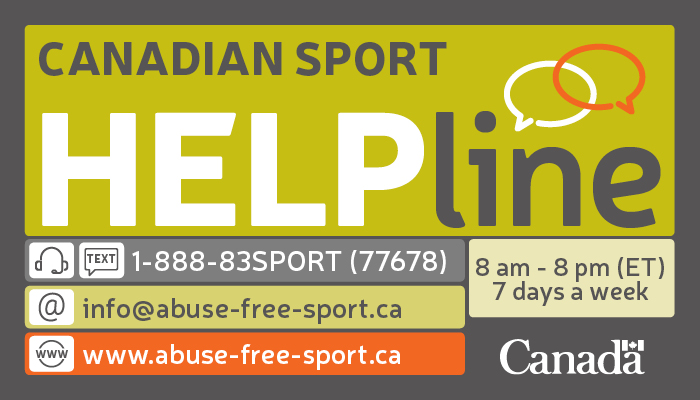The Canadian Press | December 4, 2020
Canadian volleyball player Chris Voth says nation should be ‘further ahead’ in combating homophopic language
Chris Voth’s sexuality cost him a job with a professional volleyball team overseas four years ago.
The Winnipeg native, who has never named the team nor country, was told outright that the club wasn’t interested in having a gay player.
The 30-year-old came out publicly seven years ago because he hoped to be a role model for young LGBTQ athletes, and given the chance to go back and change that, he wouldn’t.
But Voth was disheartened to learn that the majority of gay athletes still don’t come out, and that homophobic language on the field or court remains rampant — and Canada is among the worst offenders.
“That was disappointing, because I always like to think that we’re a bit more further ahead up north [compared to the U.S.],” said Voth, recently home from coaching in the Netherlands.
The former national team player was responding to two studies released Thursday by Monash University in Melbourne, Australia.
The first study analyzed survey responses from 1,173 lesbian, gay and bisexual people aged 15 to 21 living in Canada, the U.S., Britain, Australia, New Zealand and Ireland.
The study found that about 48 per cent of Canadian youth who come out to teammates reported being the target of homophobic behaviour, including bullying, assaults and slurs — and it was more prevalent among Canadian youth than Americans (45 per cent).
Among females, 44 per cent of Canadians who’ve come out to teammates reported being victimized — more than any other country surveyed by Monash’s Behavioural Sciences Research Laboratory.
“It’s easy for Canadians to dismiss the data and say, ‘No, no, that’s not in our country. We’re inclusive and welcoming. And we’re known around the world for being friendly and polite and nice,”‘ said lead author Erik Denison, who’s Canadian.
“Canada has been a laggard globally, full stop. There’s no other way to say that.”
Young people who came out were significantly more likely (58 per cent versus 40 per cent) to report they’d been the target of homophobic behaviors in sport settings than those who didn’t, the study found.
Every study over the past 15 years has shown that LGBTQ kids play sport at lower rates than straight kids, Denison said, and while there’s a perception that the gap is more prevalent in boys than girls, that’s not accurate.
“And seeing these big gaps in participation, I can only use the word alarming,” said Denison. “We’re really alarmed about both discrimination in sport, and the fact these kids are avoiding sport.
“Because the No. 1 thing we could be doing to reduce rates of suicide and self-harm is encouraging these kids to become active in safe and supportive environments.”
Numerous studies have shown that suicide attempts and ideation about suicide are significantly higher in LGBTQ kids.
Voth’s experiences as an out athlete varied wildly. The 30-year-old believes discrimination cost him spots on several pro clubs, contract negotiations inexplicably stalling with no explanation. On the other hand, when he signed with a pro team in Finland, he was “the first gay person that any of them had met. And only a month-and-a-half later, we were the first pro volleyball team to walk in a pride parade. So it can really go either way.”
Voth said LGBTQ youth are doubly impacted, losing out on the mental health benefits that come from being part of a team.
Click here for the full story on CBC Sports



